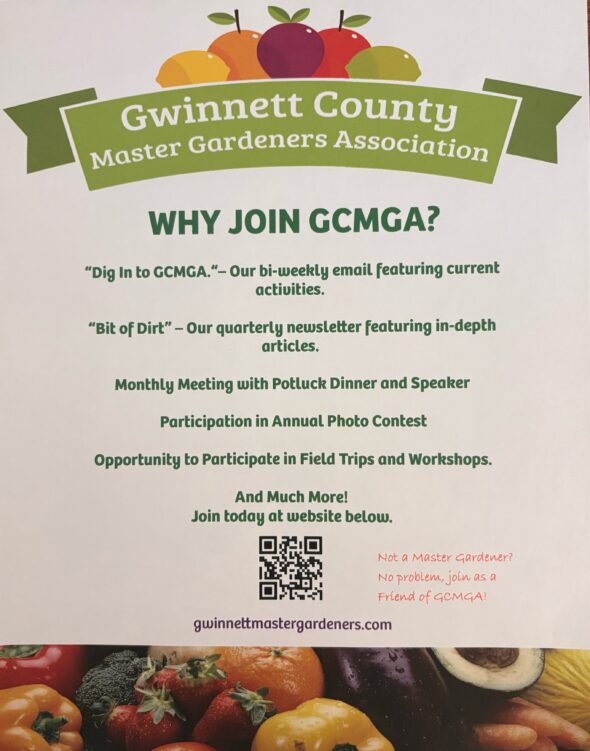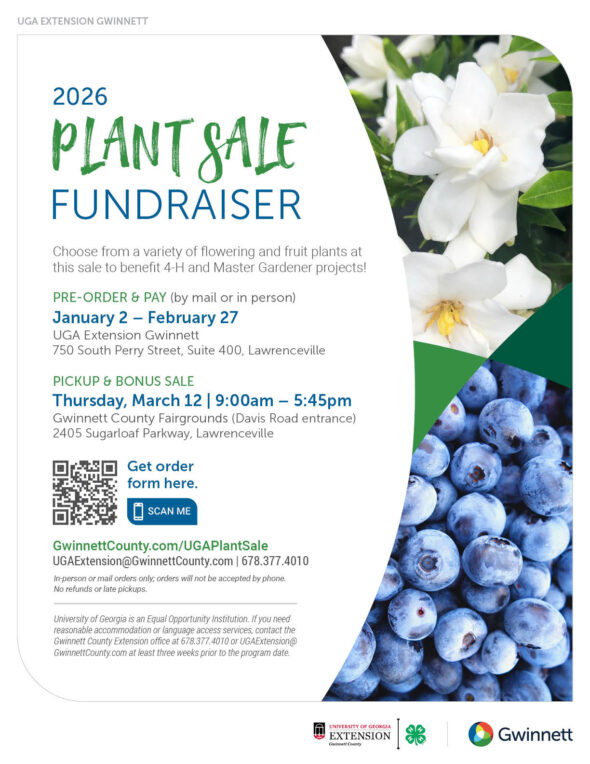Our Zoom meeting for May featured the much anticipated presentation of the Annual Photo Contest entries. Jenny Burdette is our judge this year and we’re delighted to have her. A self-taught nature and wildlife photographer, Jenny lives in Dacula, GA. A retired educator, she has combined her love of nature with her interest in photography to create a second career. Her work has appeared on the covers and pages of Georgia’s Great Places magazine, and her images are featured in the Visitor Centers at Red Top Mountain State Park in Cartersville, GA, and Providence Canyon State Park near Lumpkin, GA, as well as on postcards and promotional materials for Georgia State Parks and Historic Sites. Pictures will be up in the gallery soon. Related Images:


